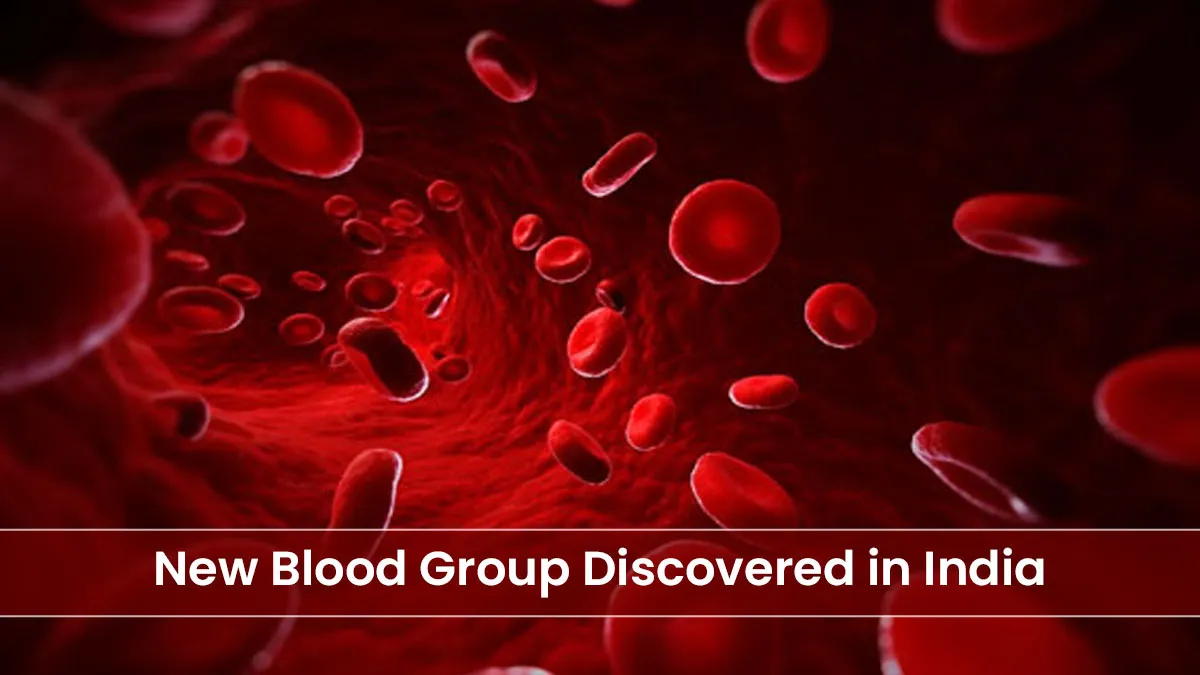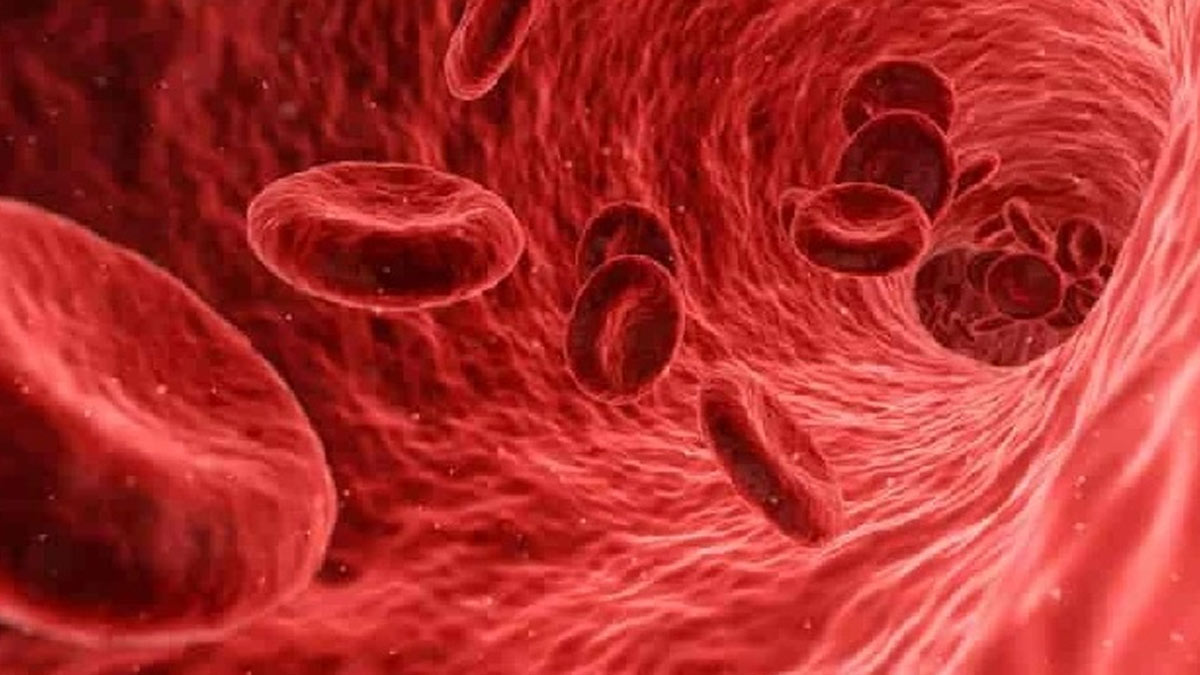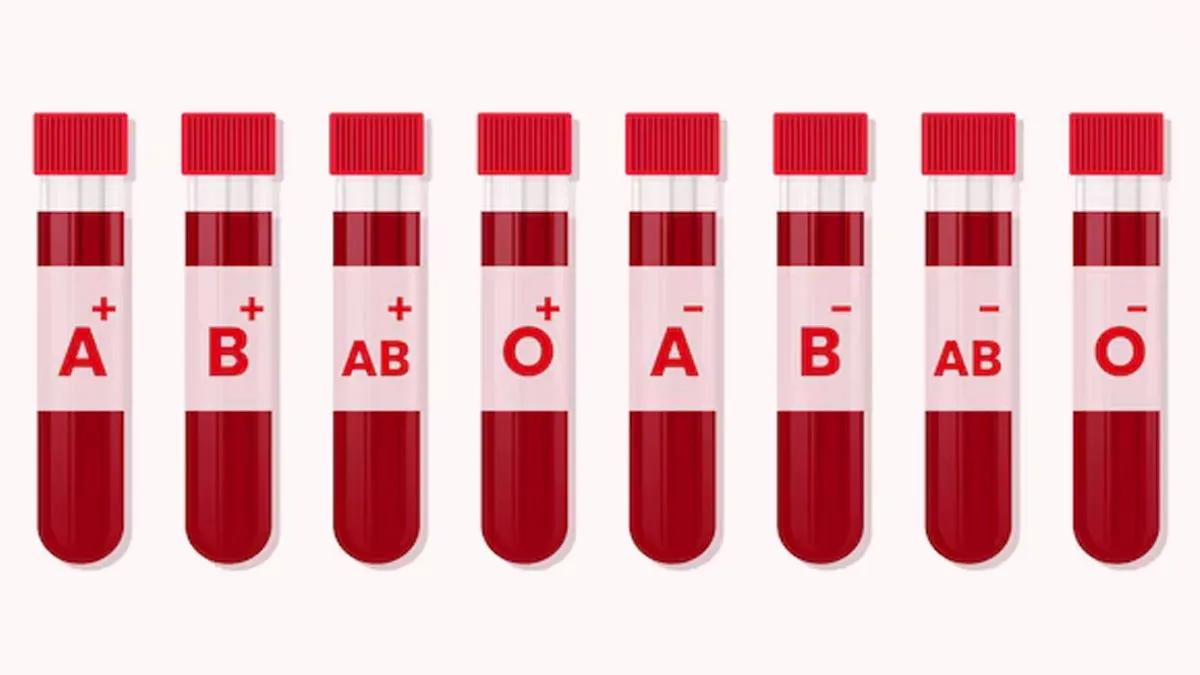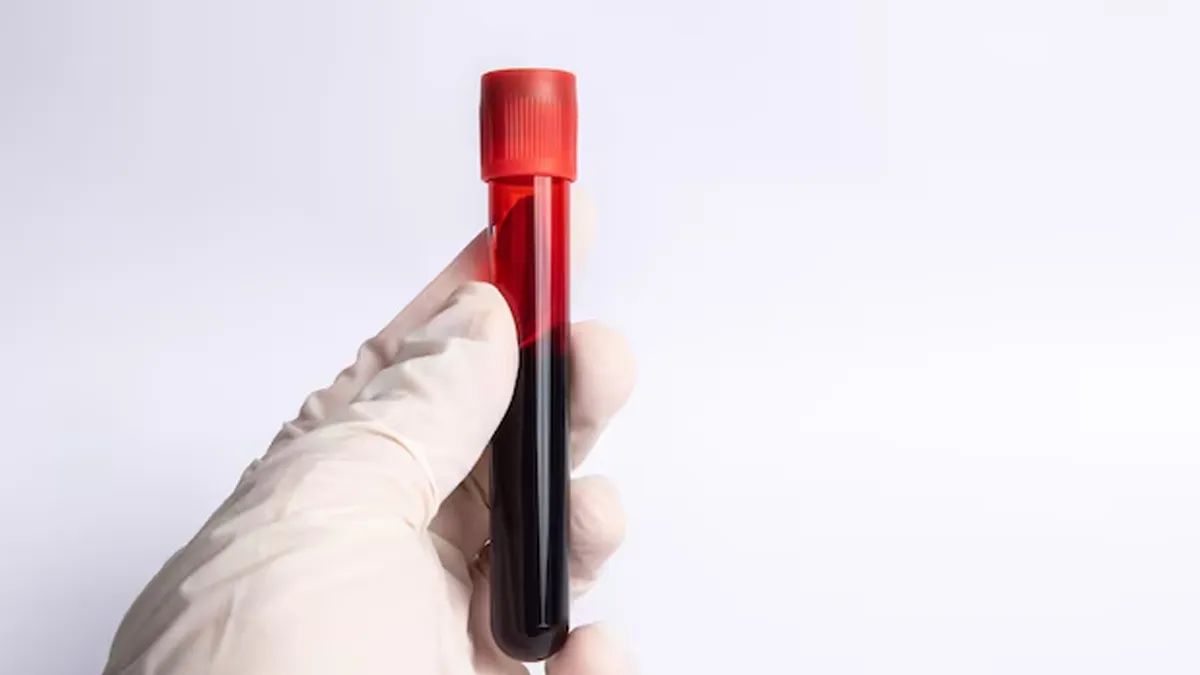
India has made a great discovery in the medical field. A never-before-seen blood Group. This finding was made in a woman in Kolar district, Bengaluru, Karnataka, who has a brand-new blood type, never before seen in any part of the world. The 38-year-old was admitted to one of the hospitals in Bengaluru a year ago to have a heart surgery, but doctors got an unpleasant surprise. Her O Positive blood did not have any compatibility with donor blood available, and so that includes the blood of her family. This was an unusual case as it required a series of tests and the cooperation between Indian and foreign laboratories to verify a rare blood antigen.
Table of Content:-
How the Blood Group Discovery Happened![new blood group in india 1 - 2025-07-30T182019.212]()
The process of getting a blood match was initiated prior to the woman undergoing heart surgery. Nonetheless, the blood bank of the hospital did not find matching donations. Her blood sample was taken to Rotary Bangalore TTK Blood Centre, and tests revealed that her blood sample was panreactive (reacted with all the standard blood samples and was incompatible). Even in the 20 samples of the family, none matched.
Alternate methods of surgery were used by doctors to avoid transfusion capacities in order to easily perform the operation, and the lady managed to recuperate without any blood-related problems immediately. The samples were subsequently forwarded to the International Blood Group Reference Laboratory (IBGRL) at Bristol in the UK to be studied.
The scientists had to spend the next ten months conducting specific tests and analysis before finding a new antigen of the Cromer blood group system. This was CRIB, a conglomeration of CR and IB put together, Cromer and India and Bangalore. This antigen is an innovation that has not been reported in other parts of the world either.
ALSO READ: From Urine to Saliva: Expert Shares What Tests Are Used to Detect Drug Abuse?
What Makes CRIB So Important?![]()
Blood groups are proteins present in the red blood cell that make them either incompatible or compatible during blood transfusion. Serious, even fatal reactions, may ensue with a mismatch. The identification of CRIB points to a number of valuable points:
- It is the very first that has ever been confirmed all over the world of this specific blood antigen.
- The rare blood groups, such as CRIB, are vital in the safe practices of blood transfusion and surgeries.
- It focuses on the diversity of genes in India as well as the necessity of highly developed testing.
- It promotes the formation of speciality rare donor registries that could assist patients of rare blood types.
- The discovery by India highlights the national medical research role that the nation is increasingly playing in the world, particularly with regard to immunohematology.
The discovery of this new blood group was shared with the world at a big meeting called the 35th Regional Congress of the International Society of Blood Transfusion (ISBT) in Milan, Italy, in June 2025. This made the woman the very first person in the world identified with this new blood type called CRIB.
Why This New Blood Group Finding Is Important for Health![]()
Rare blood types present difficulties in case of emergency blood transfusion, organ transplantation and complex operations. Being aware of new blood types, such as CRIB, makes doctors all over the world administer safer blood transfusions. It will make matching of blood tests more precise and will assist in locating more and better donor matches in the future.
This discovery also shows India's important role in worldwide research about blood. It encourages building better donor lists and increasing awareness about rare blood groups all over the world, which will improve care for patients with unusual blood needs.
ALSO READ: Can Blood Donation Help Detect Hidden Health Conditions?
Final Thoughts
It is a landmark event in the discovery of the blood group called CRIB that was found in a woman belonging to a district. It makes us aware of how little there is still to discover of human biology and genetics. In India, the event makes the country a visible destination on the world stage to be shown as players in blood science research and emphasises the importance of constant supervision of the typing and the donation process. With the current progress in healthcare, these kinds of discoveries improve patient safety and make sure no one is left out without a proper match when it counts.
Also watch this video
Read Next
Fact Check: Have Scientists Created the First Male Birth Control Pill Without Side Effects?
How we keep this article up to date:
We work with experts and keep a close eye on the latest in health and wellness. Whenever there is a new research or helpful information, we update our articles with accurate and useful advice.
Current Version


